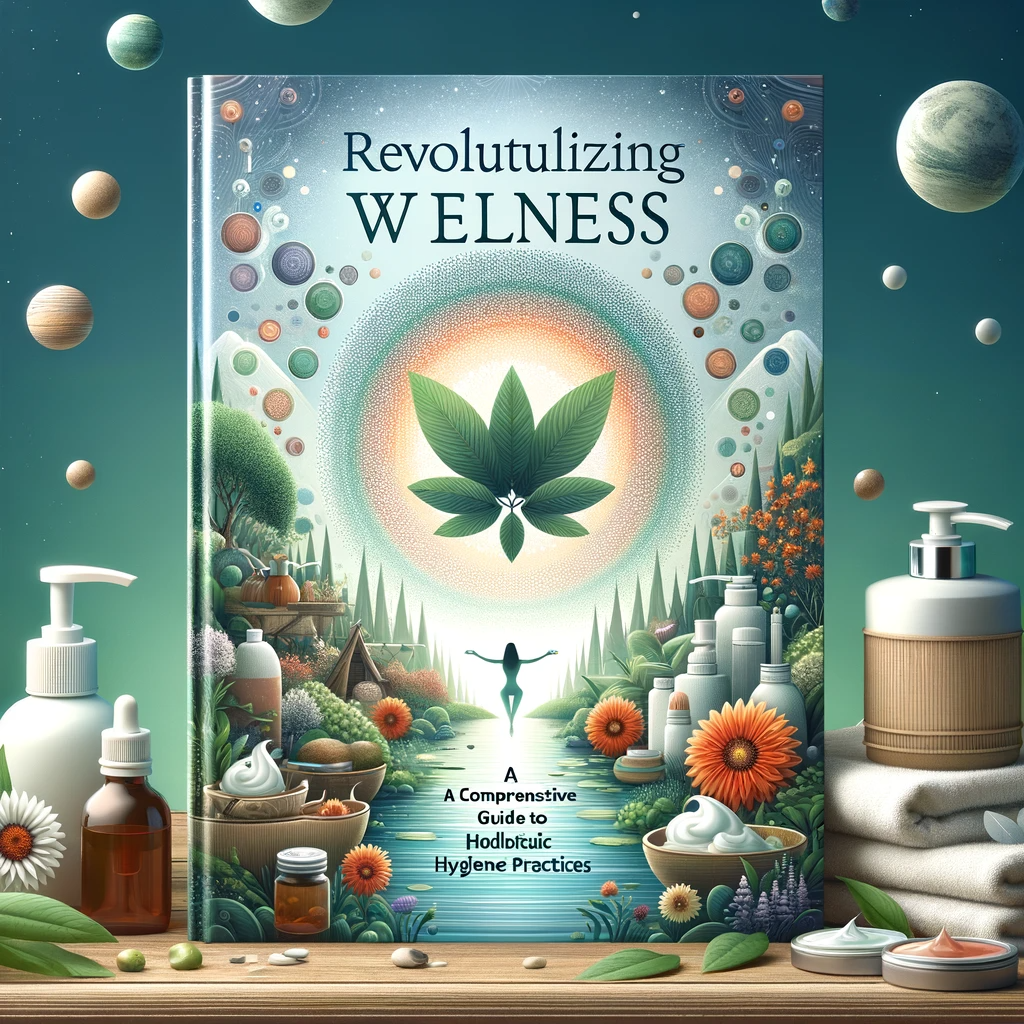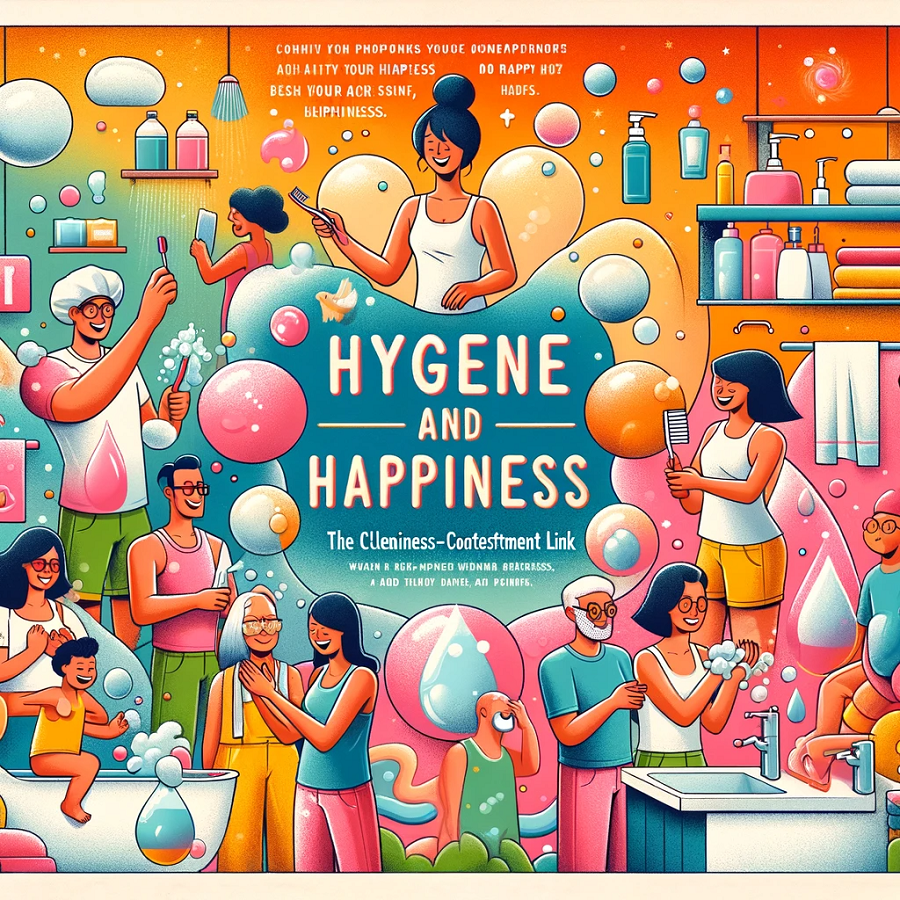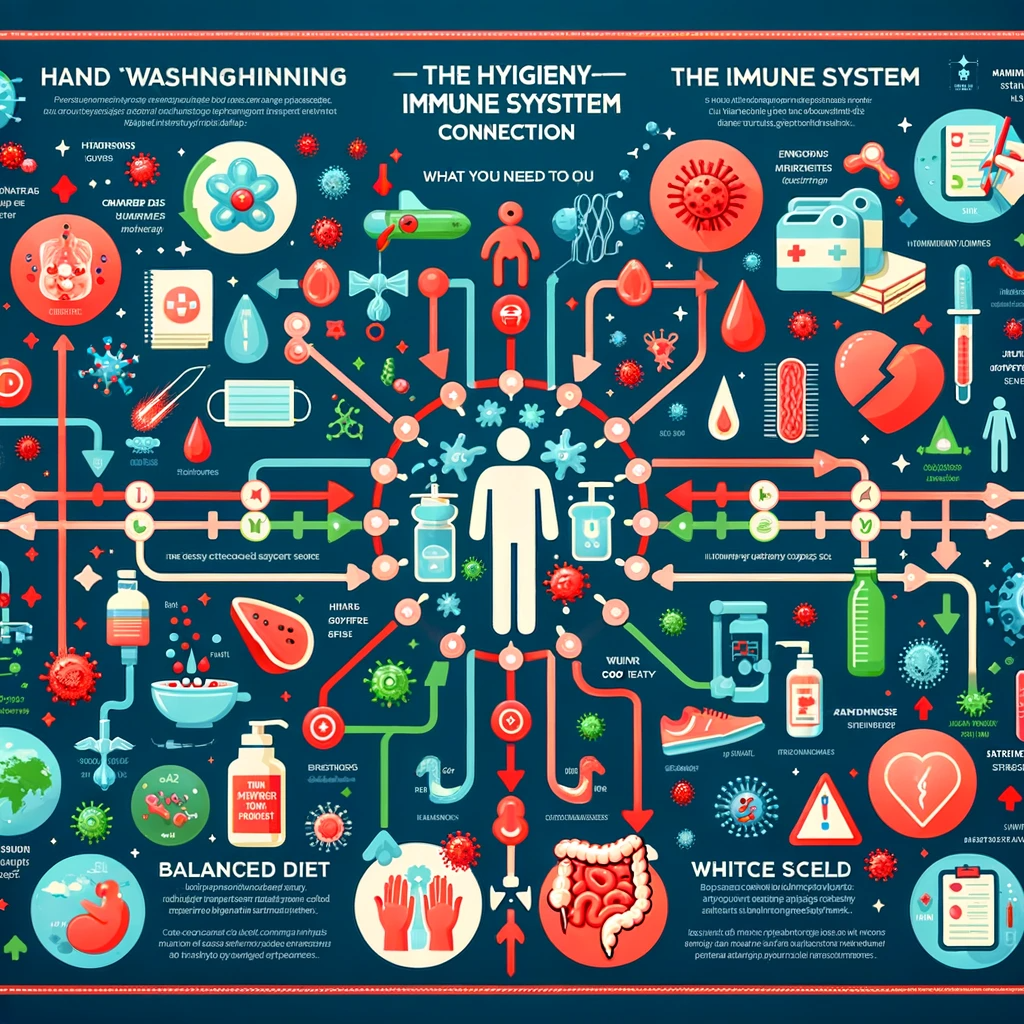In today’s fast-paced world, the concept of hygiene extends far beyond its traditional boundaries of physical cleanliness and health. Enter the realm of Hygiene Psychology, an intriguing intersection where personal cleanliness profoundly influences our mental and emotional well-being. This comprehensive exploration delves into the nuanced ways in which our daily hygiene practices shape our confidence, self-perception, and overall psychological health. From the tangible effects of a well-maintained appearance to the subtle, yet powerful, impacts of routine and self-care, we uncover the transformative power of hygiene in building a resilient, confident self-image. Whether it’s navigating the complexities of emotional stability or enhancing professional and social interactions, Hygiene Psychology offers a unique lens to view and improve our lives. Join us as we journey through this fascinating field, unraveling the psychological layers behind the simple act of keeping clean and discovering how something as routine as hygiene can be the bedrock of our confidence and mental well-being.
Hygiene Psychology: The Foundation of Self-Confidence
Hygiene psychology is a critical yet often overlooked aspect of mental health and self-esteem. This article delves into the profound impact of personal cleanliness on our confidence levels, exploring how our hygiene habits shape our self-perception and interactions with others.
Understanding the Link between Hygiene and Confidence
- The Psychological Impact of Cleanliness: Discusses how being clean and groomed can significantly boost self-esteem and reduce anxiety.
- Self-Perception and Social Perception: Explores how our hygiene practices affect how we see ourselves and how others perceive us.
Practical Hygiene Tips for Boosting Confidence
- Daily Routines for Personal Cleanliness: Offers easy-to-follow daily hygiene routines that can enhance self-confidence.
- The Role of Grooming in Self-Esteem: Highlights the importance of grooming in creating a positive self-image.
Decoding Hygiene Psychology: How Personal Cleanliness Impacts Mental Health
Hygiene psychology goes beyond the surface, deeply influencing our mental well-being. This section examines the intricate relationship between cleanliness and mental health.
The Mental Health Benefits of Good Hygiene
- Stress Reduction Through Cleanliness: How maintaining a clean environment can help in reducing stress and anxiety.
- Hygiene as a Form of Self-Care: Positions hygiene as an essential self-care practice that benefits mental health.
Overcoming Barriers to Good Hygiene
- Addressing Laziness or Procrastination: Practical advice on overcoming common obstacles to maintaining good hygiene.
- Accessibility and Hygiene: Discusses how to maintain hygiene standards even when resources are limited.
The Science Behind Hygiene Psychology and Confidence Building
This section delves into the scientific principles that link hygiene with increased confidence, backed by psychological studies and research.
The Biological Basis of Hygiene and Confidence
- Neurological Effects of Cleanliness: Explores how hygiene affects brain chemistry, particularly in relation to mood and confidence.
- Hygiene and Physical Health: Discusses the impact of good hygiene on physical health and how it relates to psychological well-being.
Developing a Hygiene-Confidence Habit
- Forming Lasting Hygiene Habits: Strategies for turning hygiene practices into enduring habits.
- Measuring Improvements in Confidence: How to assess the impact of improved hygiene on personal confidence levels.
Practical Steps to Enhance Confidence Through Improved Hygiene Habits
Offering actionable advice, this section focuses on practical steps individuals can take to improve their hygiene habits and, consequently, their self-confidence.
Establishing a Personal Hygiene Routine
- Tailoring Hygiene Practices to Individual Needs: Customizing hygiene routines to fit personal lifestyles and preferences.
- Incorporating Hygiene into Daily Life: Tips for seamlessly integrating hygiene practices into everyday routines.
Boosting Confidence Through Enhanced Hygiene
- The Role of Aesthetics in Self-Confidence: How improving one’s appearance through hygiene can enhance self-assurance.
- Social Benefits of Good Hygiene: Explains how good hygiene can improve social interactions and relationships, further boosting confidence.
The Psychological Benefits of Good Hygiene: Beyond the Surface
Good hygiene is not just about appearances; it has profound psychological benefits. This article explores the deeper impacts of hygiene on our mental and emotional well-being.
Emotional Well-being and Hygiene
- Hygiene’s Role in Emotional Stability: Discusses how maintaining personal cleanliness can lead to emotional balance and reduced mood swings.
- Hygiene as a Mood Enhancer: Looks at how the act of taking care of one’s body can positively influence one’s mood and outlook.
Hygiene’s Impact on Self-Identity and Personal Growth
- Building a Positive Self-Identity with Hygiene: Explores how consistent hygiene practices contribute to a stronger sense of self.
- Hygiene as a Stepping Stone to Personal Development: Demonstrates how the discipline of maintaining good hygiene can lead to other areas of personal growth.
Hygiene and Mindset: How Daily Routines Affect Self-Perception
Daily hygiene routines play a crucial role in shaping our mindset and self-perception. This section delves into the psychological effects of these routines.
The Power of Routine in Shaping Mindset
- Consistency and Confidence: Examines how the regularity of hygiene routines fosters a sense of reliability and self-assuredness.
- Hygiene Routines as a Form of Self-Respect: Discusses how taking care of one’s body reflects and reinforces self-respect and self-worth.
Transforming Mindset through Improved Hygiene
- From Routine to Empowerment: How elevating one’s hygiene habits can lead to a more empowered and confident mindset.
- Breaking Negative Cycles with Positive Hygiene Practices: Offers insights into replacing harmful habits with beneficial hygiene routines.
Building a Confident Self-Image: The Role of Hygiene Psychology
A confident self-image is crucial for personal and professional success. This article examines how hygiene psychology plays a vital role in building this confidence.
Creating Confidence through Cleanliness
- The Visible Effects of Hygiene on Confidence: How improved personal appearance through hygiene can enhance self-image.
- Internal Confidence from External Practices: Explores the internal psychological changes that occur as a result of external hygiene practices.
Strategies for Building Confidence through Hygiene
- Small Hygiene Changes, Big Confidence Gains: Practical tips for making minor changes in hygiene routines for significant confidence boosts.
- Aligning Hygiene Practices with Personal Values: How to ensure that hygiene habits reflect and reinforce personal values and beliefs.
From Cleanliness to Confidence: Understanding Hygiene Psychology
This section addresses the journey from maintaining cleanliness to gaining confidence, focusing on the psychological processes involved in this transformation.
The Psychological Journey from Hygiene to Confidence
- Step-by-Step: Building Confidence through Hygiene: A look at the gradual process of gaining confidence as hygiene improves.
- The Feedback Loop of Cleanliness and Confidence: Discusses how improvements in hygiene and confidence reinforce each other.
Case Studies and Real-Life Examples
- Success Stories: Shares real-life examples of individuals who improved their confidence through better hygiene practices.
- Scientific Studies on Hygiene and Confidence: Reviews academic research that supports the connection between hygiene and increased confidence.
Final Thoughts:
Hygiene Psychology offers a fascinating and often underappreciated perspective on the profound impact of personal cleanliness on our mental and emotional health. As we have seen, good hygiene extends far beyond the physical realm, deeply influencing our confidence, self-perception, and overall psychological well-being. Through consistent and mindful hygiene practices, individuals can cultivate a sense of self-respect, emotional stability, and a positive self-image, which are essential for personal and professional success. The journey from cleanliness to confidence is not just about external appearances; it’s about nurturing a healthy mindset and embracing self-care as a form of self-love. By integrating hygiene into our daily routines and understanding its psychological benefits, we can unlock a powerful tool for personal development and empowerment. Hygiene Psychology, thus, serves as a reminder that taking care of our bodies is not just a physical necessity but a cornerstone of mental and emotional health.
FAQs
Q1: What is Hygiene Psychology?
A1: Hygiene Psychology is the study of how personal cleanliness and hygiene habits impact mental and emotional well-being, particularly in relation to self-confidence and self-perception.
Q2: How does maintaining good hygiene affect confidence?
A2: Good hygiene positively affects confidence by enhancing one’s self-image, reducing anxiety and stress, and improving social interactions, leading to a more positive perception of oneself.
Q3: Can poor hygiene affect mental health?
A3: Yes, poor hygiene can negatively impact mental health, leading to lowered self-esteem, increased stress and anxiety, and potentially worsening social relationships and professional impressions.
Q4: Are there any psychological benefits to having a regular hygiene routine?
A4: Yes, regular hygiene routines can provide psychological benefits such as a sense of control, improved mood, increased self-discipline, and a structured approach to self-care.
Q5: How can one improve their hygiene habits for better mental health?
A5: Improving hygiene habits for better mental health can be achieved by establishing consistent routines, personalizing hygiene practices to fit individual needs, and viewing hygiene as a form of self-respect and self-care.
Q6: Is there a connection between cleanliness and productivity?
A6: Yes, there is a connection between cleanliness and productivity. A clean and organized environment can reduce distractions, increase focus, and create a more conducive atmosphere for productivity.
Q7: Can improving personal hygiene impact professional success?
A7: Improving personal hygiene can positively impact professional success by enhancing self-confidence, creating positive first impressions, and fostering a sense of professionalism.
Q8: Are there specific hygiene practices that are particularly beneficial for mental health?
A8: Specific hygiene practices beneficial for mental health include regular bathing, oral care, grooming, and maintaining a clean living environment, all of which contribute to a positive self-image and reduced stress.
Q9: How does hygiene influence social relationships?
A9: Hygiene influences social relationships by affecting how others perceive and interact with an individual. Good hygiene can lead to more positive interactions and stronger social connections.
Q10: Can focusing on hygiene be a form of self-empowerment?
A10: Yes, focusing on hygiene can be a form of self-empowerment. It involves taking control of one’s personal care, which can build self-esteem, improve self-image, and reinforce a sense of personal pride and accomplishment.







